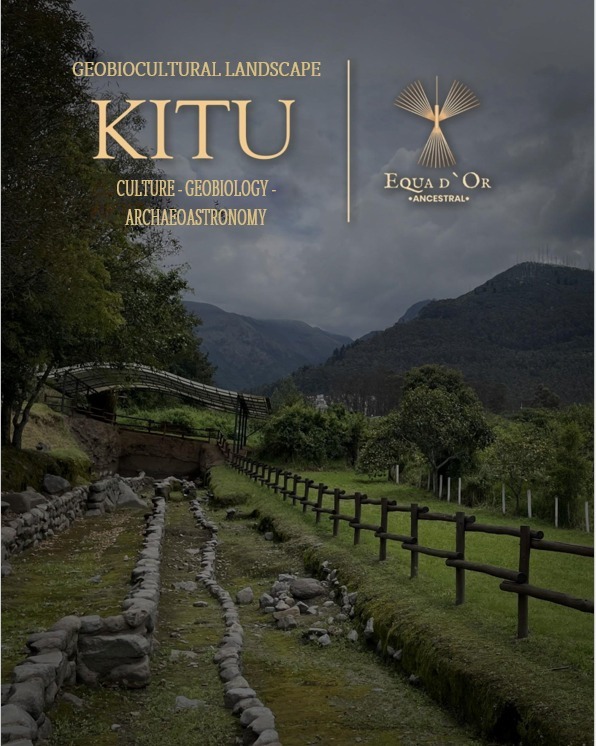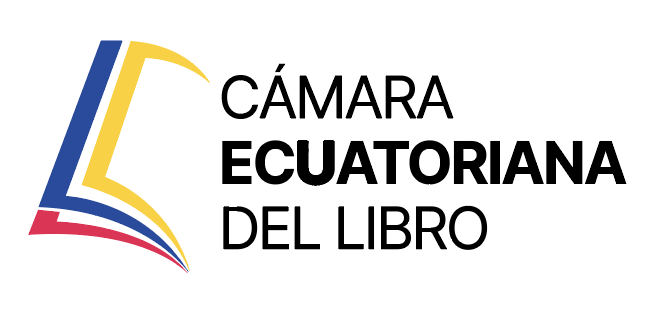
Geobiocultural Landscape Kitu
Culture - Geobiology - Archaeoastronomy
Velasco Andrade, Diego Fernando
Ardohain, Claudio
Bustamante Díaz, Patricio
Colaboradores:
Pérez Bermúdez, Vicente Alfredo (Coordinador Editorial)
Armas Cárdenas, Niky Edison (Director)
Cajape Mosquera, José Sebastián (Director)
Armas Boada, Felipe Raúl (Traductor)
Editorial:Armas Cárdenas, Niky Edison
Materia:Investigación
Público objetivo:Profesional / académico
Publicado:2024-04-24
Número de edición:1
Tamaño:340.5Mb
Precio:$15
Soporte:Digital
Formato:Pdf (.pdf)
Idioma:Español
Libros relacionados
Una nueva visión de los intereses marítimos nacionales de Ecuador - Gómez Proaño, Manuel Humberto
VI Congreso Científico Internacional de Investigación y Desarrollo Uniandes Ibarra-Tulcán 2026
Manual de principios básicos de pediatría. Fundamentos clínicos para la atención de patologías pediátricas prevalentes - Balseca Artos, Eddy Efren; Fiallos Brito, Édison Javier; Campoverde Loor, Carolina Alejandra; Villacrés Gavilanes, Silvia Carolina; Manzano Pérez, Johanna Michelle; Meneses Guaman, Kevin Alexander; Moreno Vargas, Shirley Monserrath; Sánchez Caicedo, Christopher Andrés; García Mera, David Fernando; Fiallos Ortega, Anthony José; Peñafiel Canseco, Fabián Alejandro; Sánchez Paredes, Rothman Adrián; Mallitasig Velasco, Bryan Bladimir
La cultura montubia en la provincia de los Rios, una perspectiva audiovisual - Becilla García, Leticia Aurora; Herrera Flores, Ana Elizabeth; Campi Maldonado, Alejandra Teresa; Morán Baquerizo, Evelyn Carolina; Velasco De Lucca, Enrique Alexander; Sánchez León, Noelia Patricia; Sánchez León, Alisson Mercedes; Tovar Bustamante, Mayrovick Isabela
Reseña
Geobiocultural Landscape Kitu examines the relationship between ancestral culture and the cultural landscape of Quito, Ecuador, in light of the 2008 Constitution and the UNESCO principles on cultural diversity. It highlights the importance of understanding the connection between nature and society, advocating an ethical approach towards sustainable development. The authors explore the pre-Hispanic history of Quito, highlighting the resistance of its culture to Eurocentric influence. Archaeoastronomic, geobiological and geopoint aspects of the landscape are analyzed, revealing the cultural richness of the region. Finally, three historical-cultural sites are identified as examples of the importance of preserving cultural identity.
The book proposes a new narrative that integrates ancestral knowledge with contemporary needs, in search of a more enriching identity destiny for the community.




